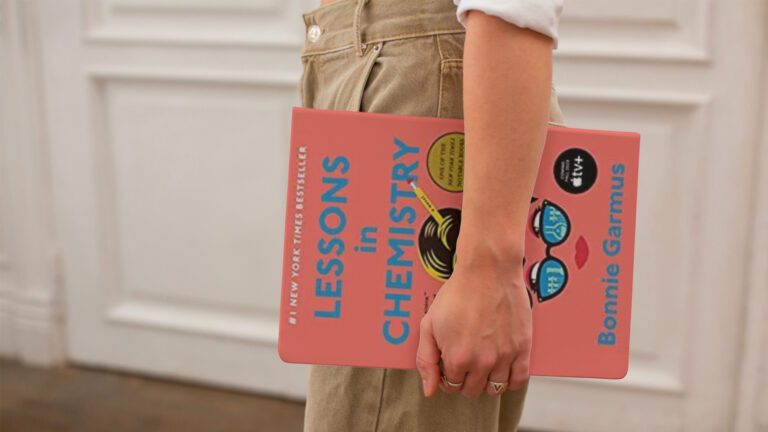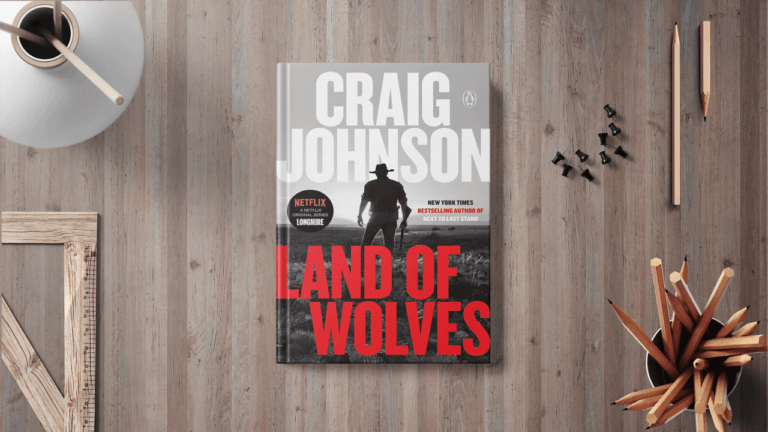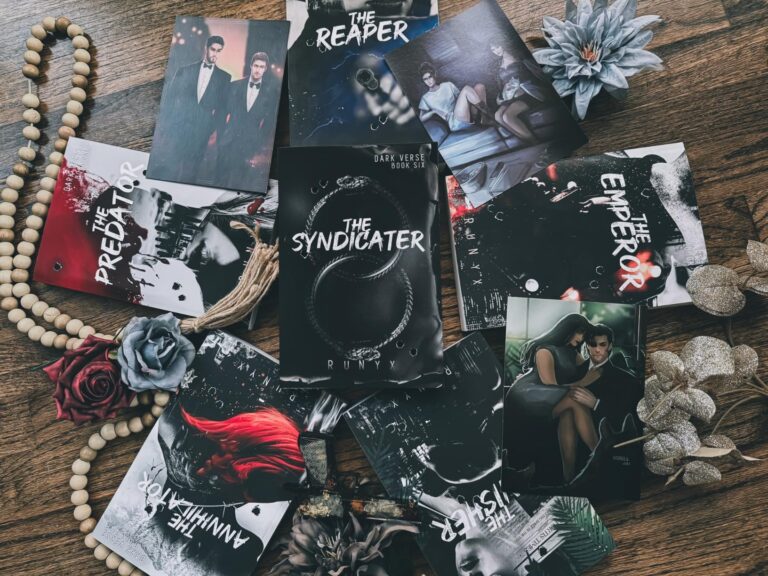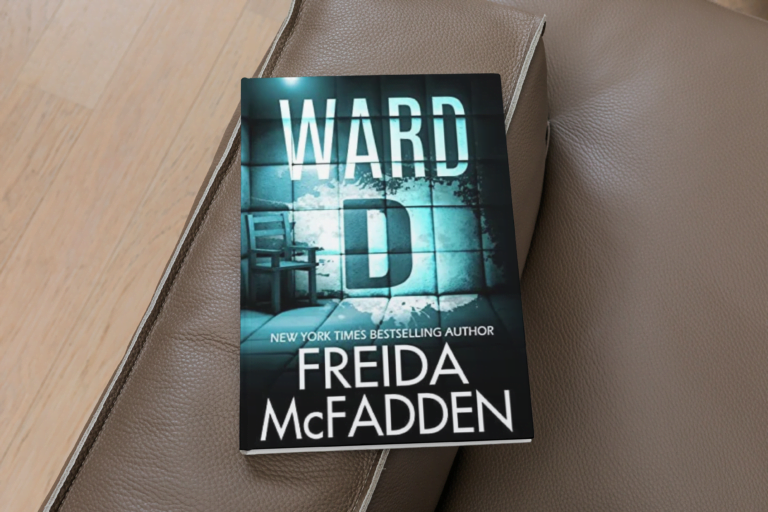The Book of Lost Things – Lost in Pages
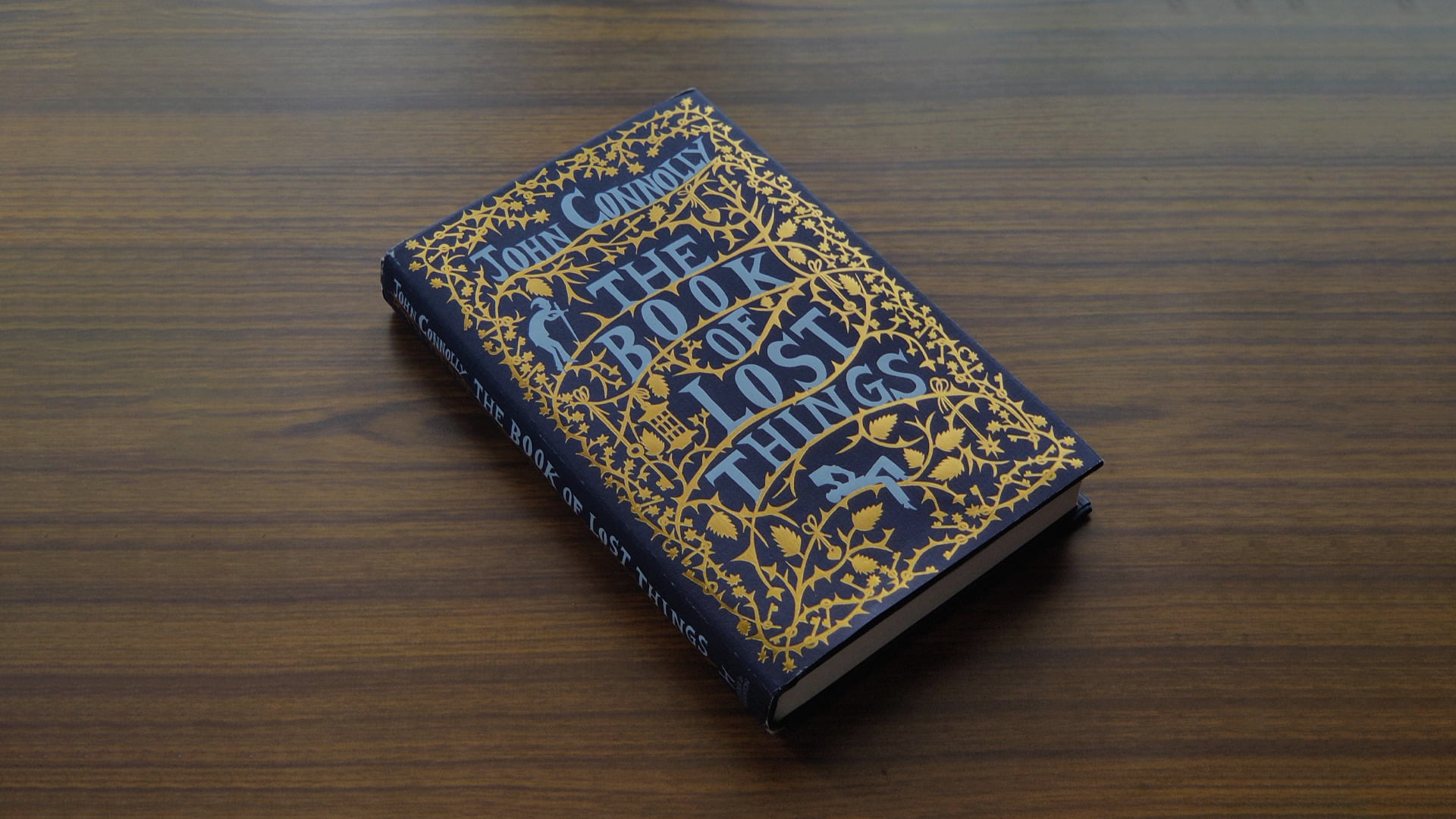
David, a twelve-year-old child whose sick mother is near death, is at the focus of the action in The Book of Lost Things.
He has a stepmother and a stepbrother, and he uses fiction to escape the reality of his mother’s death. He is able to keep her memory alive in this way. Now that he’s starting to feel more at ease, David spends so much time reading that the fictional characters literally begin conversing with him.
David’s world turns upside down as he gets lost in another dimension. He hears his mother’s voice in the forest, despite the fact that he is surrounded by knights, wolves, and other monsters.
The attractive cover of ‘The book of Lost Things’ swayed me to pick up the book and read it. The gorgeous cover of the book makes it impossible for me to remain unimpressed.
Waterstones, where I made the acquisition, also featured one of my favorite design elements: bibliophilia, which helped sway my decision. An brilliant protagonist, David is loved by readers for many reasons, one of which being his unwavering dedication to literature and the fantastic.
Connolly’s unique power comes from his imagination and his capacity to build new universes. When I followed David into the new world through the tree’s trunk, I was struck by the same awe I’d had reading C. S. Lewis’ The Chronicles of Narnia. The ivy’s human-like qualities and potential for harm were wonderfully shown.
The author added a touching detail by having flowers grow in memory of the children who had perished in the forest.
Connolly darkens and macabre-fates the classic fable in the Grimm tradition. There is a lot of foreboding in The Book of Lost Things, which is a bildungsroman.
With The Bloody Chamber, Connolly proves she can hold her own against Angela Carter in the macabre fiction genre. The Narnia-like world that David finds himself in by chance is actually quite dangerous. All throughout the book, I was intrigued by the strong probability that David would be found and killed or eaten.
Be prepared to have your feelings manipulated; Connolly took the same approach to the theme of character death as George R. R. Martin.
The most unpleasant thing about “The Book of Lost Things” is the Crooked Man, the villain who eats the souls of children along with bugs. The sections of the novel that included “The Crooked Man” were not my favorites. It bothered me that he was singled out, but no background or motivation for his behavior was provided.
The employment of enigmatic characters can be effective, but only if the reader is able to figure out what they’re up to before the end of the story.
Connolly’s mixed messages really dampened my enthusiasm for the novel as a whole. Roland the Knight was the only openly gay character in the novel, and he was presented positively for the most part. But there was a quote at the end of the book that said:
To quote the Crooked Man: “David was being dragged along on a quest for a man whom he had never met, a man for whom only Roland had feelings, and those feelings, if he was to be believed, were not natural.”
According to the author, “David was being dragged along on a quest for a man whom he had never met, a man for whom only Roland had feelings.” Names like Roland were common for males in the region where David first appeared.
They were among the worst insults a person might receive as a name.
In my perspective, Connolly failed to consider the maturity level of his readership when writing his book. Many children and teens find solace and resolution in the pages of books and fairy tales. Aside from the author’s bigoted nonsense in the middle of an otherwise enjoyable novel, I couldn’t finish it.
Furthermore, Connolly’s story development was choppy, the tower’s climax was introduced far too early in the novel, and Connolly was left to tie off uninteresting loose ends.
I remember thinking it was ridiculous when Connolly took credit for a concept that wasn’t his. Loups are what the book’s characters call the creatures we usually call werewolves.
Loups are hybrids of humans and wolves. Connolly used legendary creatures like dwarves and harpies in his writing, so I didn’t see why he would construct a new type of creature. This seemed like a strange option.
David was a charming protagonist, but the story just wasn’t strong enough for him to play a significant role. Connolly has said that “The Book of Lost Things” is not a perfect work, and I think I can agree with him.
There were interesting and promising passages throughout the book, but on the whole it was stunted in its development, much like a plant that has been kept in the dark.
Despite the fact that Connolly introduced a number of intriguing ideas, there just aren’t enough of them for me to consider reading this book again any time soon.
If you like this book, you can discover similar books in our Children’s Fiction section.
The Book of Lost Things Buying Options:

Disclaimer: This blog post may contain affiliate links. If you click on these links and make a purchase, The Crimson Books may earn a small commission at no additional cost to you.
About the Author

Benjamin Hughes is a literary enthusiast with a lifelong passion for books. He has an extensive knowledge of classic literature and a profound interest in exploring the depths of philosophical and existential themes.
With his articulate writing style, he guides readers through complex narratives and leaves them with a deeper understanding and appreciation for the written word.


